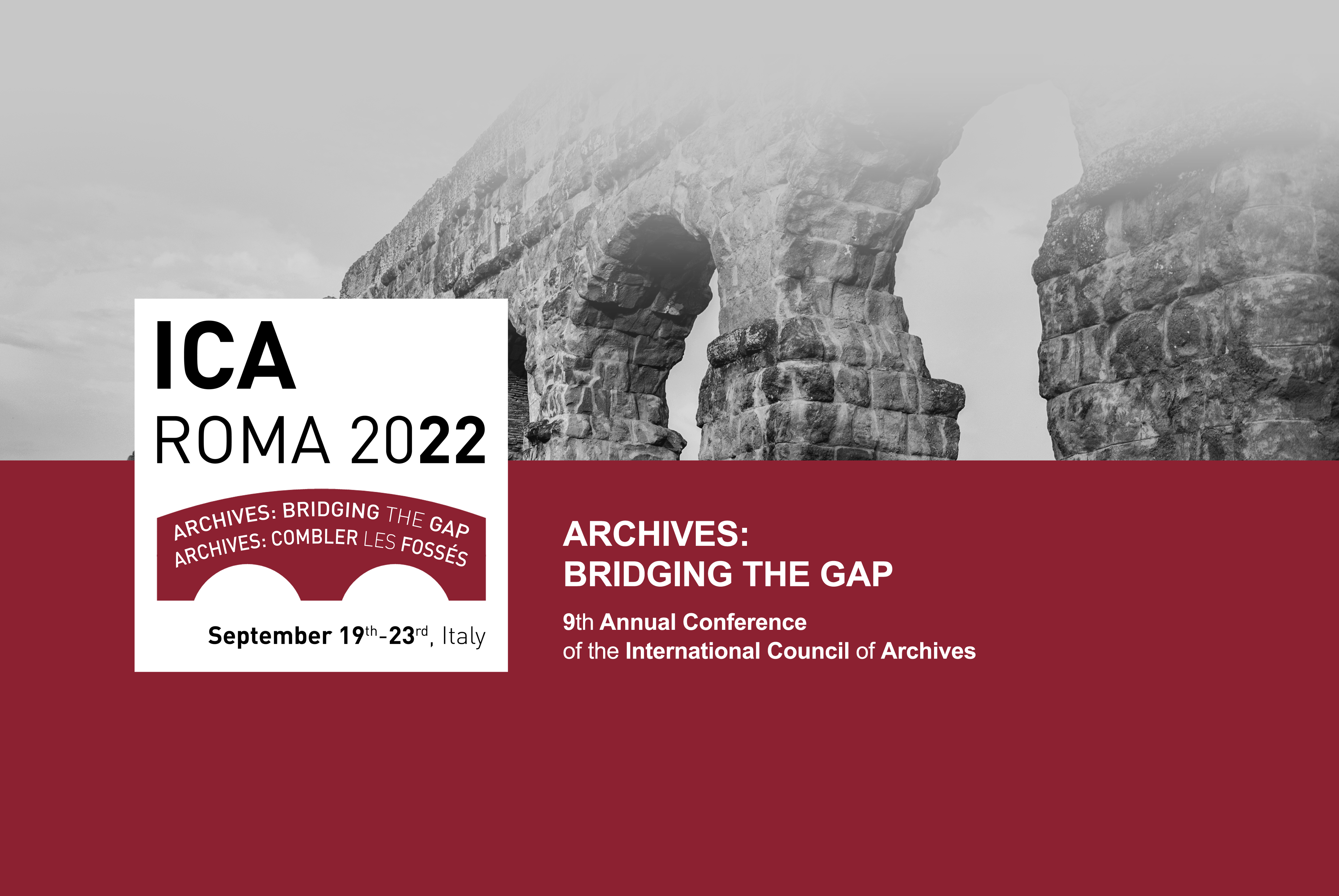Project Description

Contemporary societies are characterized more than ever by diversity—a myriad of different communities, cultures, languages, institutions and technologies interact in a common space and make up our complex societies. Bridging the gap between global and local, public and private, centre and periphery, majority and minority, duties and rights, hi-tech and low-tech – to name a few – is key to the development of a society where all different components coexist and thrive.
Archives play a fundamental role in this scenario since they embed and represent the values of a society – in a word, its identity – in a dynamic way. They are not passive containers of our memory. They are rather proactive agents that shape our memory. Therefore, they are a strategic factor for bridging the gaps. On the other hand, archives have to face the internal gaps that affect their mission and hamper their use—in a world of ever-changing technologies archives are striving to manage new objects, formats, and techniques.
The challenges are not easy. Archives need to:
- bridge the digital gap and deal with new and disruptive technologies, methods and environments (such as blockchain, big data analytics, Internet of Things, virtual reality, augmented reality, Artificial Intelligence, algorithmic techniques, and gamification);
- bridge the cultural gap so that minorities, new cultures, professional identities, emerging values (such as sustainable living), and new forms of cooperation, work organization and education can find their space; and
- bridge the democracy gap so to get citizens and institutions closer, empower citizens, enforce rights and shorten the distance between personal and collective memory.
If archives succeed in bridging these gaps, they will be a bridge to the future.
